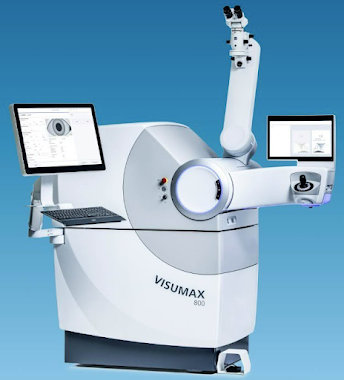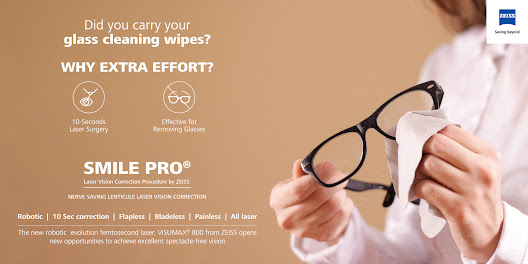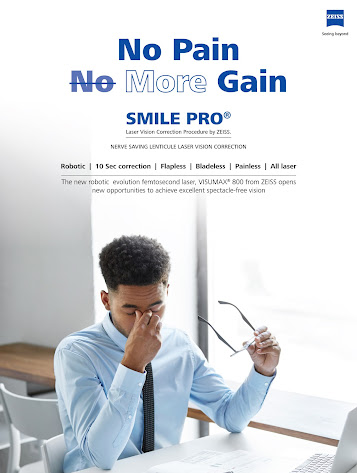Can I Claim Smile Pro Surgery on Taxes?

The topic of whether or not one can claim Smile Pro surgery on their taxes is a common question among individuals who have undergone this procedure. In this blog article, we will explore the possibility of claiming Smile Pro surgery as a tax deduction and provide a step-by-step guide on how to do so. Additionally, we will discuss the impact of claiming taxes on Smile Pro surgery costs and why it is essential for individuals to consider this option. By the end of this article, you will have a clear understanding of whether or not you can claim Smile Pro surgery on your taxes and the benefits associated with doing so. Can I Claim Smile Pro Surgery on My Taxes? The answer to the question of whether or not you can claim Smile Pro surgery on your taxes is, unfortunately, no. The Internal Revenue Service (IRS) does not consider cosmetic procedures, such as Smile Pro surgery, as eligible medical expenses for tax deduction purposes. According to IRS guidelines, eligible medical expenses must b





